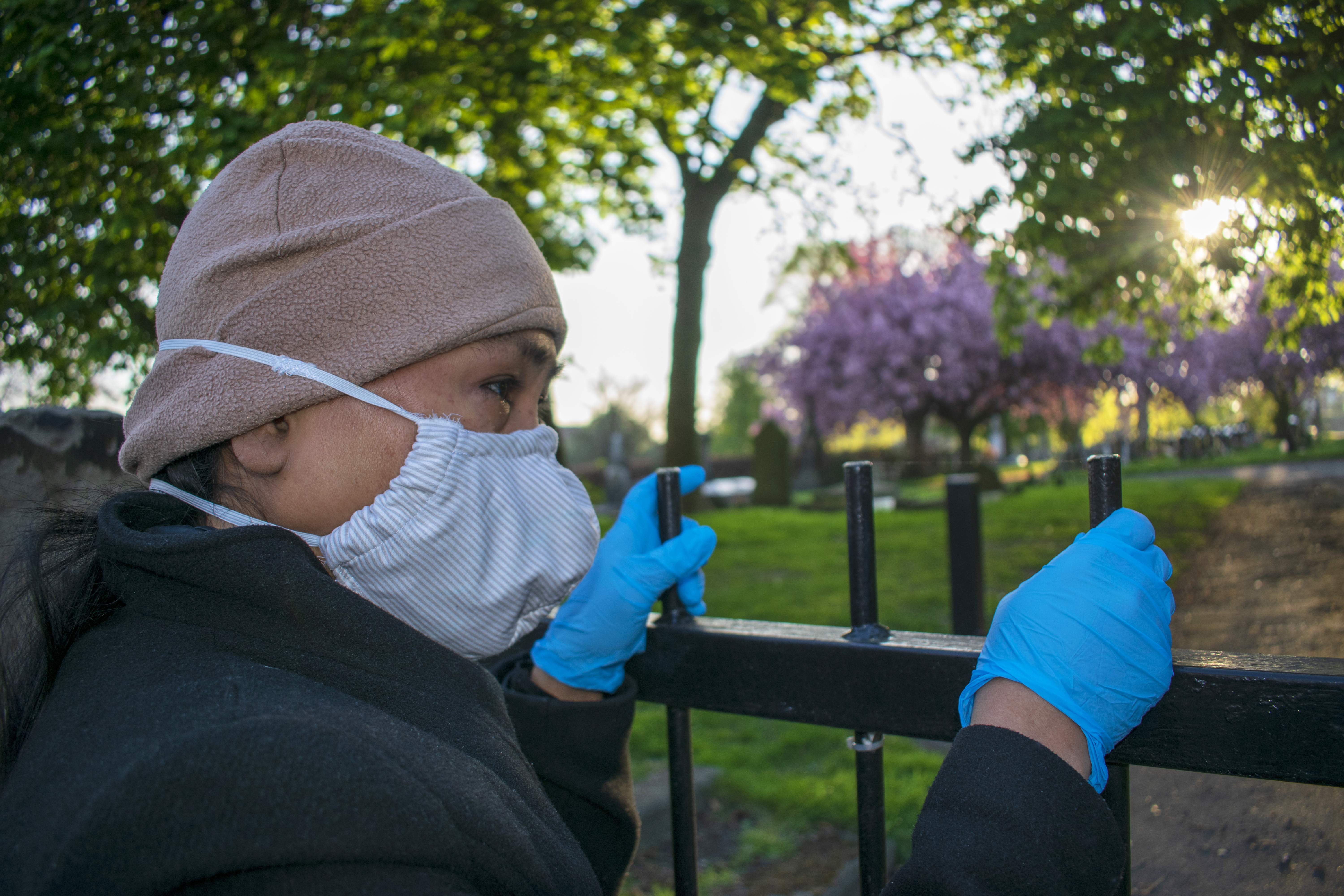
Coping with the deaths of those we love is always tough, but the pandemic makes it even more painful. Family can’t visit loved ones in nursing homes or hospitals. They can’t be physically present at the end to give a final embrace or hold hands. The services and family rituals that bring solace and comfort feel different or are simply not available. Facetime and Zoom gatherings with grieving friends and family on camera are not nearly as conducive or comfortable for expressing grief.
Grieving people need your comfort and companionship. Even in the best of times, though, when people you care about are dealing with death, you may feel at a loss to know how to offer genuine support. Most of us aren’t very good at it, because we’ve never been taught. Instead, we usually rely on what we’ve picked up from others along the way, stumbling over timeworn phrases, inadvertently perpetuating mistakes, and always worrying about unintentionally alienating or offending them. You can do better.
An Example of a Helpful Principle
Let’s say, for instance, you are reticent to ask your friend a question about the recent death of her husband because you worry you will be intruding into her personal life. What many people don’t realize is that most grieving people are aching to talk. It is healing for them to hear the words coming out of their own mouths, and helps them make sense of it. Yet so few would-be comforters are genuinely willing to listen. When you do, it creates a bond of trust between you and lets them know they can rely on you.
You can’t go wrong by asking a good question that invites grievers to tell their story, and then following their lead. People will let you know if they don’t want to talk, and if so, you move on to other things. In the majority of cases, though, you’ll find that they jump right in and begin to tell their story, because that’s what they need.
Examples of potential questions:
- What has it been like for you since Henry died? Does it seem real yet?
- What do you wish people knew about what you’re going through right now?
- What is one thing someone said that you found comforting and one thing that was awful?
Then really listen to the answer, and ask more questions based on what they tell you.
The Information You Need
To gain so much more insight, knowledge, and skills in grief support, you can refer to my book, A Friend Indeed: Help Those You Love When They Grieve. Some of the topics covered include:
• The best questions to ask when someone is grieving
• The unintentionally alienating phrases to avoid
• What to say when you go to the services
• Emotional differences between divorce and widowhood
• Talking with children about death and loss
• Communications for serious or terminal illness
• When to send condolence cards and what to write
• Articles and books for grieving friends and family
• … and more much
Whether your loved ones are dealing with death or serious illness, loss of income, or struggling with the lack of normalcy we are all grappling with these days, I encourage you to educate yourself and learn how to be a true comfort to your friends in need. Especially during these days of social distancing and quarantines, they will thank you for it.

